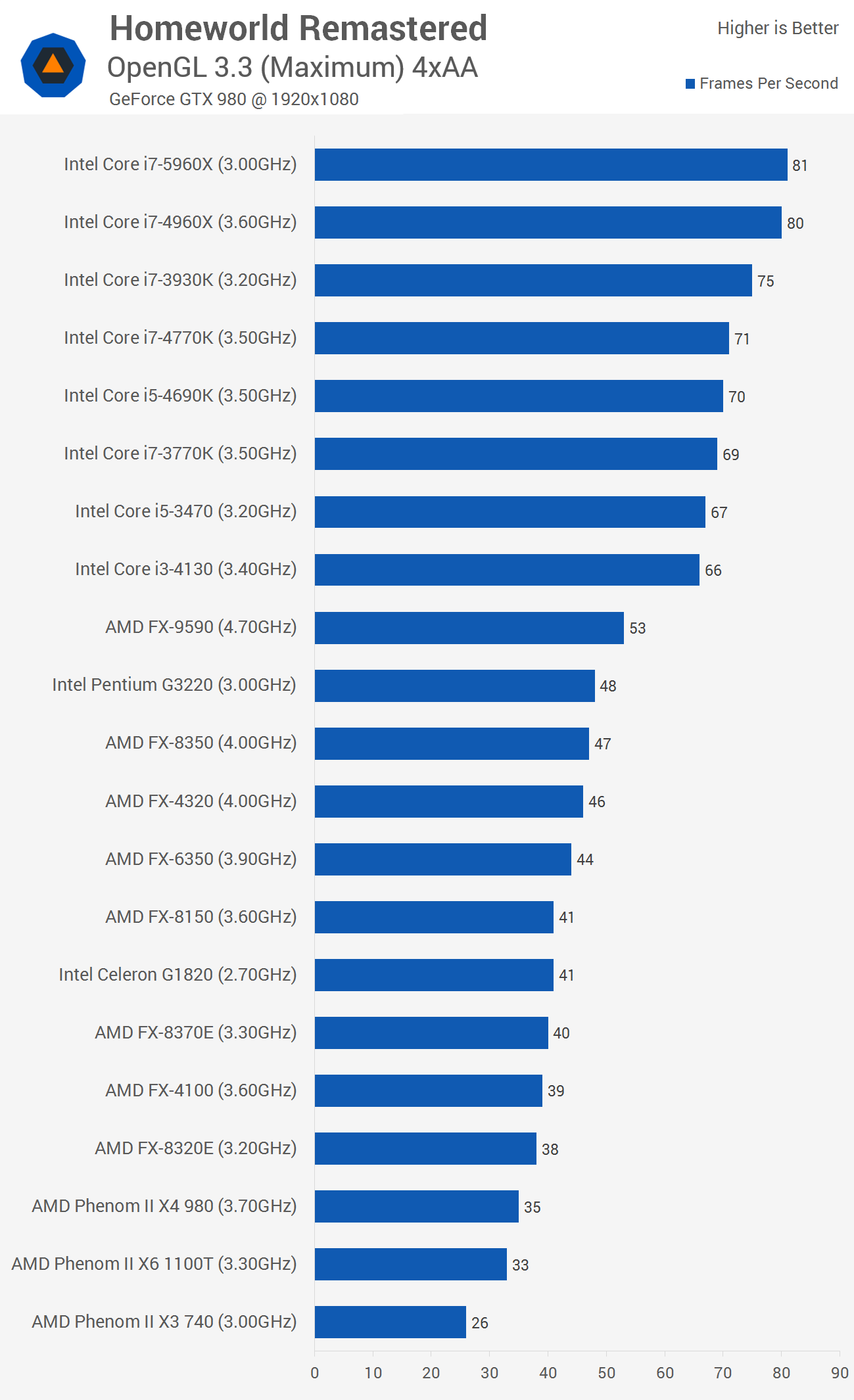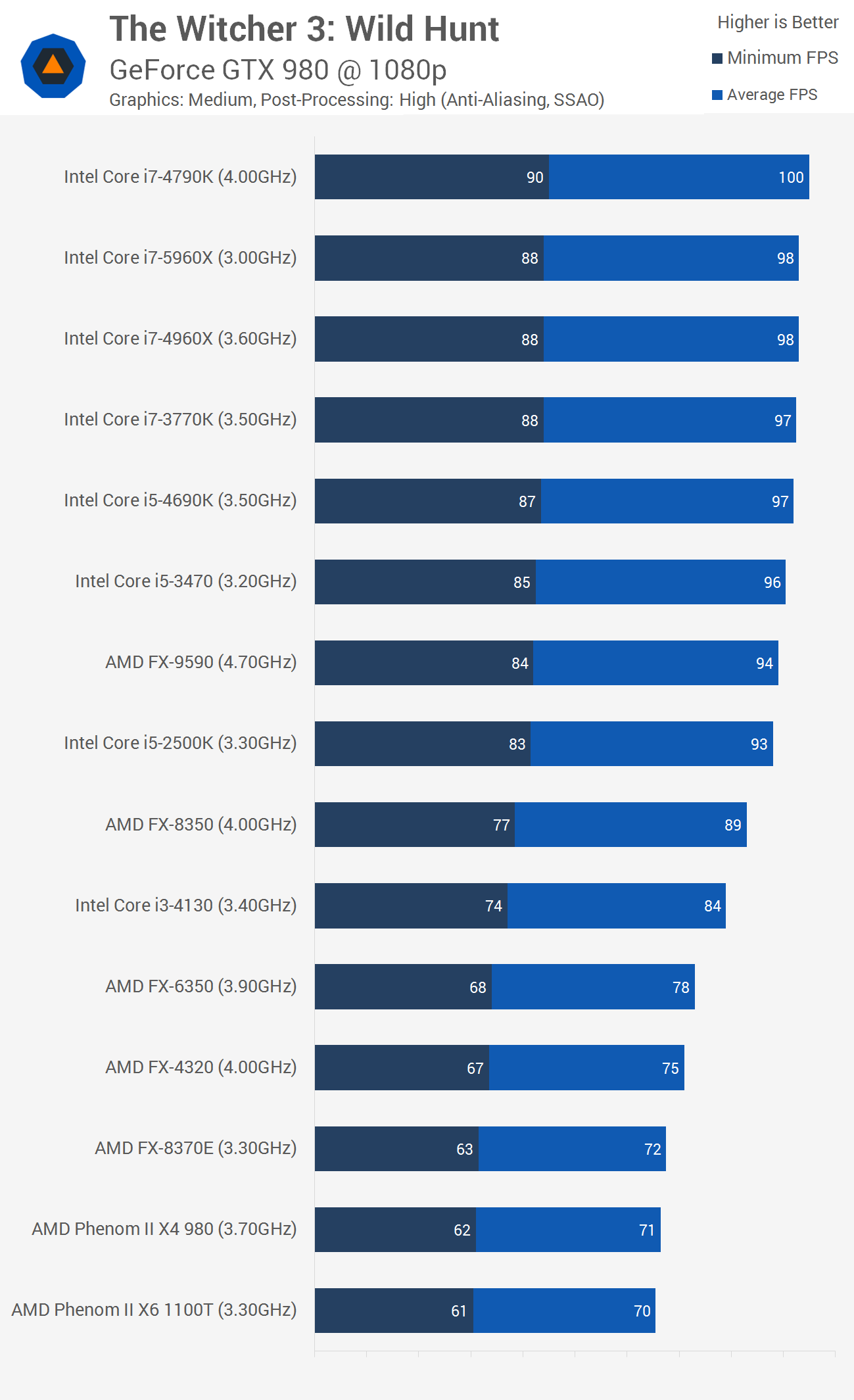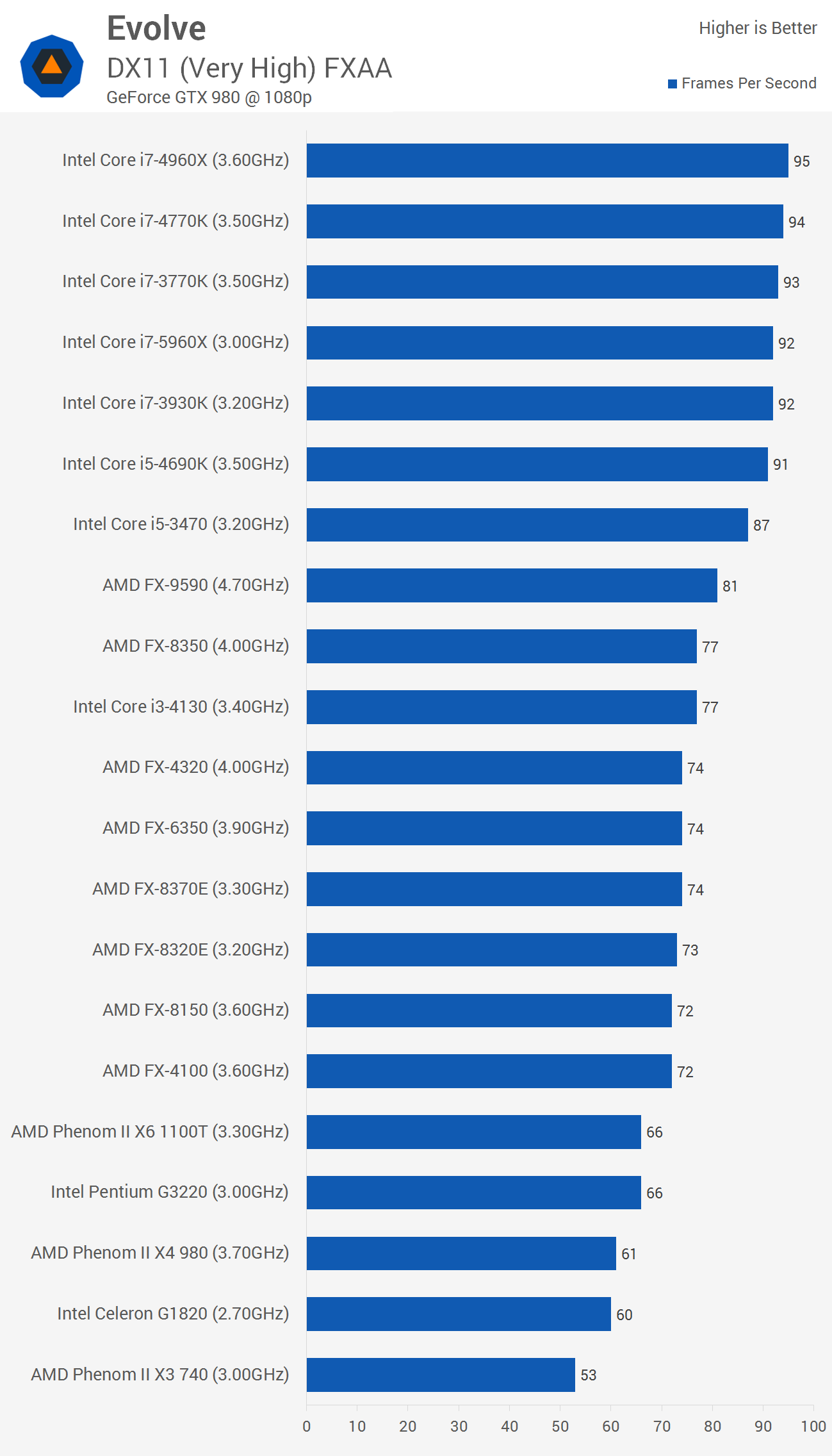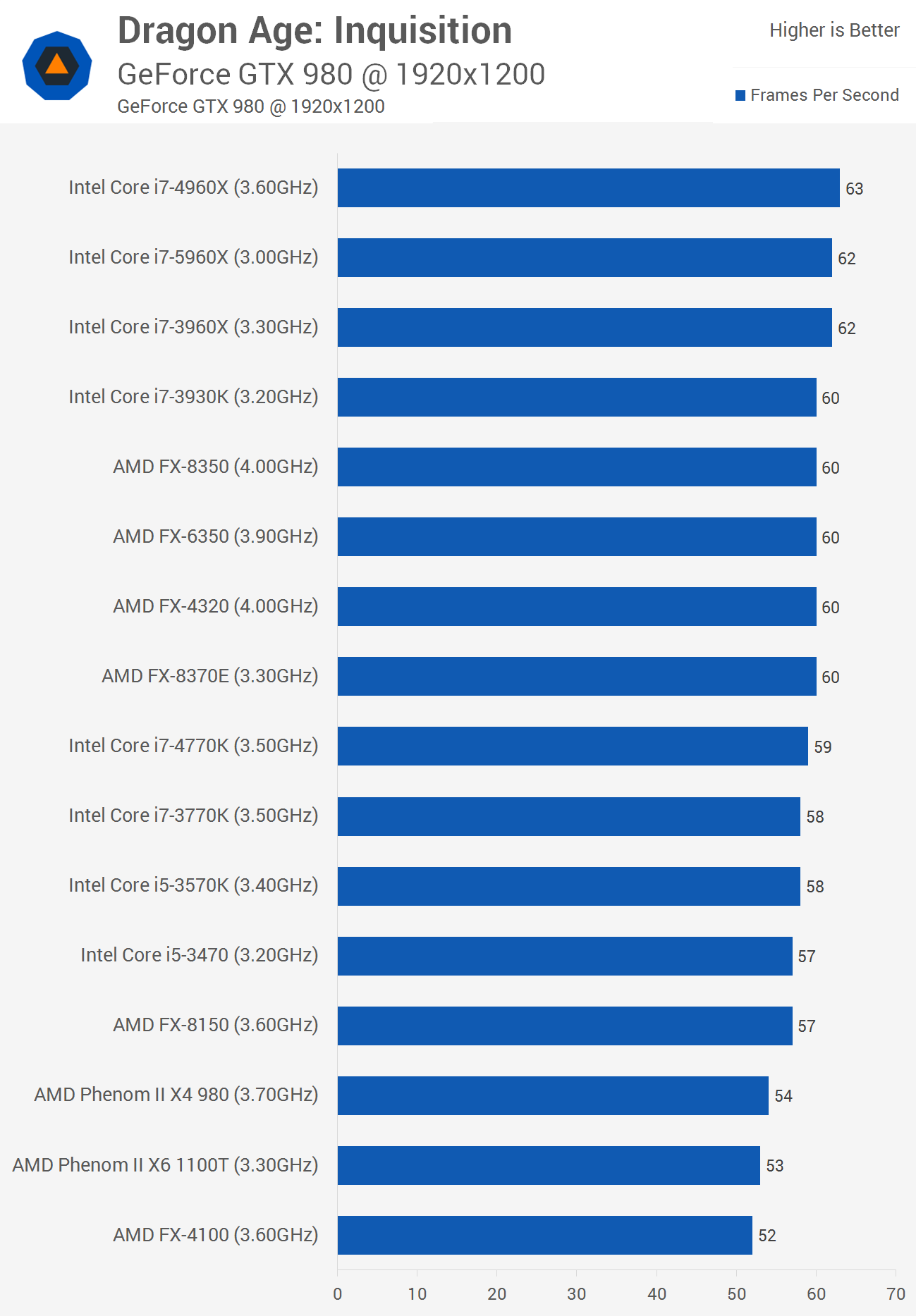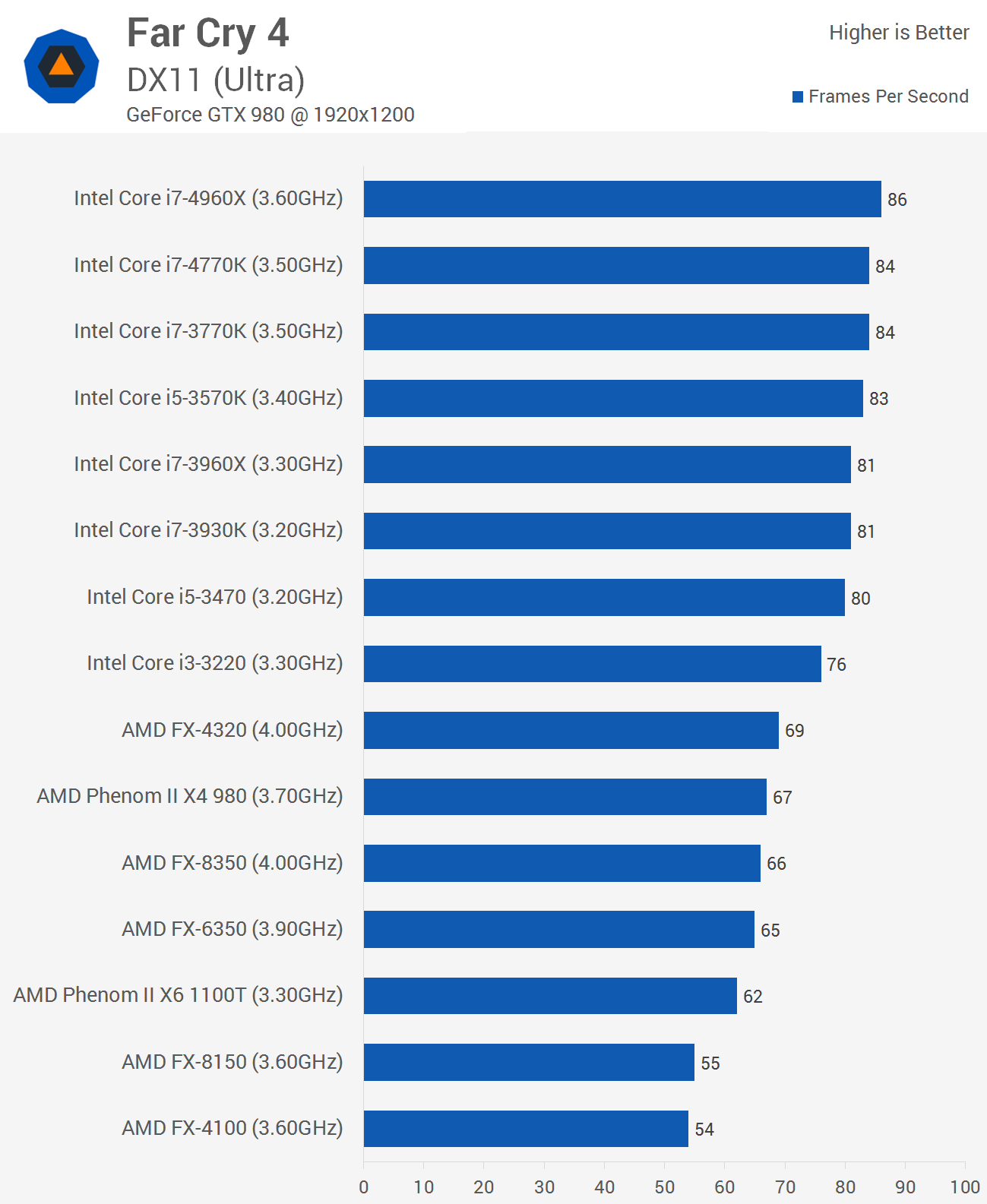I'm building a new rig and I'd like your opinion on what CPU I should buy.
I'm kind of stressed with the budget and I'm thiking of buying the FX 8350 cpu. I'm mostly interested in video editing but I'd also like to have a good gaming performance.
People say that with the DIrectX12, games will be able to work on multiple cores therefore making octa-core AMD processors powerful enough to handle games with a stable framerate at ultra settings (with a high-end GPU, of course).
Is this true?
Will this also work with one year or two year old high end games?
Should I consider buying an AMD CPU or should I stick to an Intel one for better gaming performance (as Intel CPUs are known for being better in single-threaded performance)?
This question actually refers solely to a gaming build as I believe an i5 of 220+ dollars is not capable of handling video editing as good as an octa-core FX. That's why I'd like to know whether DX12 will make AMD CPUs more powerful in single-threaded applications and video games so that I'll buy a CPU able to handle both video editing and video games.
Sorry for the long post and thaks in advance for any help.
I'm kind of stressed with the budget and I'm thiking of buying the FX 8350 cpu. I'm mostly interested in video editing but I'd also like to have a good gaming performance.
People say that with the DIrectX12, games will be able to work on multiple cores therefore making octa-core AMD processors powerful enough to handle games with a stable framerate at ultra settings (with a high-end GPU, of course).
Is this true?
Will this also work with one year or two year old high end games?
Should I consider buying an AMD CPU or should I stick to an Intel one for better gaming performance (as Intel CPUs are known for being better in single-threaded performance)?
This question actually refers solely to a gaming build as I believe an i5 of 220+ dollars is not capable of handling video editing as good as an octa-core FX. That's why I'd like to know whether DX12 will make AMD CPUs more powerful in single-threaded applications and video games so that I'll buy a CPU able to handle both video editing and video games.
Sorry for the long post and thaks in advance for any help.

